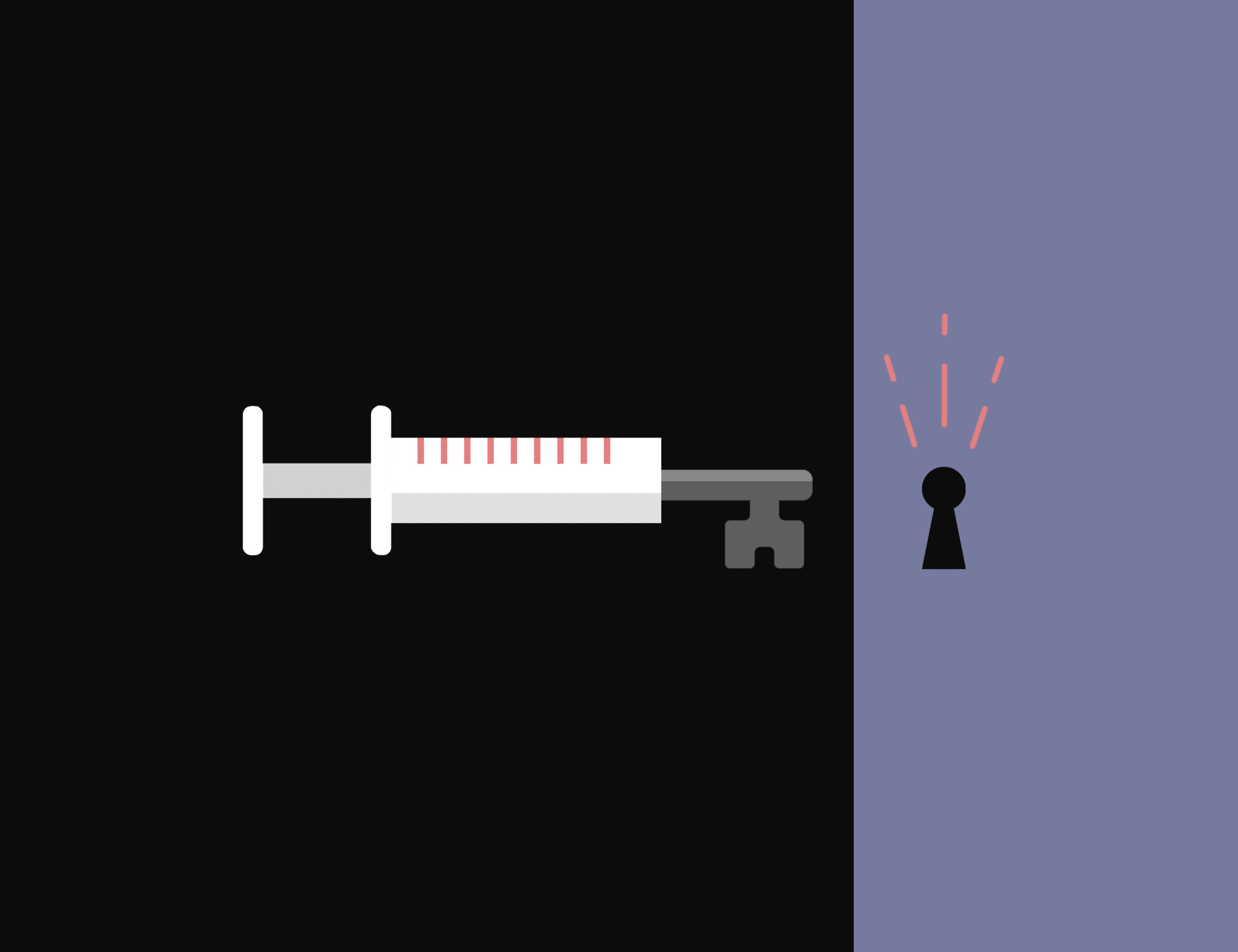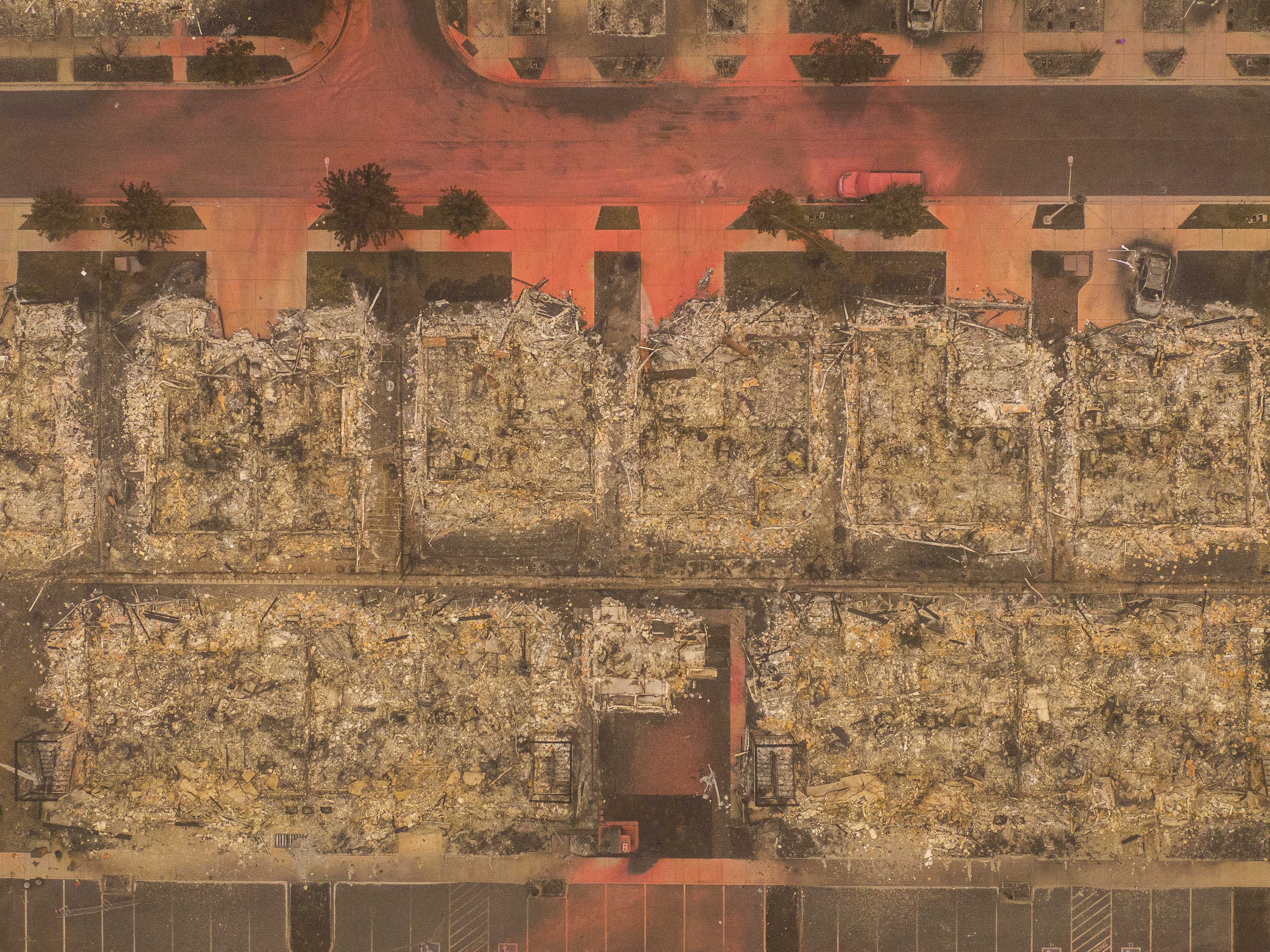Could humans actually live on Mars?
What would happen to our bodies and minds on the Red Planet?


A free daily email with the biggest news stories of the day – and the best features from TheWeek.com
You are now subscribed
Your newsletter sign-up was successful
For thousands of years, humans have looked up at the night sky and pondered their place in the cosmos. One little red dot in particular has long held our interest: Mars. Today, experts believe it's no longer a question of if we'll ever set foot on the Red Planet, but when. Recent technological advances mean this could happen within decades.
While the dream of colonizing Mars is a fascinating one, is it a good idea? What will be the biggest challenges? And once we get there, could we even survive?
The biggest incentive for putting humans on Mars is to have "an insurance mechanism for our species," says Stephen Petranek, author of How We'll Live on Mars. "We're a nomadic species. We learned long ago that if we don't move, we don't survive… [and we'll] have to move out of our solar system when our sun dies." That is a solid if somewhat depressing point. Mars is the closest place for us to practice for that eventuality.
The Week
Escape your echo chamber. Get the facts behind the news, plus analysis from multiple perspectives.

Sign up for The Week's Free Newsletters
From our morning news briefing to a weekly Good News Newsletter, get the best of The Week delivered directly to your inbox.
From our morning news briefing to a weekly Good News Newsletter, get the best of The Week delivered directly to your inbox.
Mars was almost identical to Earth roughly four billion years ago. Today, it remains the only planet in our solar system that's enough like Earth to even possibly sustain human life. It's half the size of our pale blue dot, but has the same amount of land, which means we'd have a place to settle and flourish. The temperature on Mars is frigid, but its ice means we'd have a water source. The planet's oxidized soil means we could grow food, and the existence of methane gas means we could create fuel.
If getting to Mars is the biggest hope for saving human civilization, then our next step is to create the technology to do it.
"The first pioneers are already on Mars," Dr. Ashwin R. Vasavada, MSL-Curiosity project scientist, told The Week. Of course, he's not talking about people; he's talking about robots like the Curiosity rover that photograph and analyze Mars every day. Those robots are doing the prep work for Mars' first human explorers.
Between President Obama's push to get humans to Mars by the 2030s, and Elon Musk's plans to build a civilization of 1 million humans on Mars by the 2050s, people all over the world are working to find a way to advance from transporting robots to transporting even more precious cargo: humans. But that presents its own unique challenges.
A free daily email with the biggest news stories of the day – and the best features from TheWeek.com
"On a trip to Mars, which will take six months or more, you need something roomier [than the space shuttle]," writes astronomer Phil Plait for Slate. "These habitats have to be big enough to give the crew some elbow room, some space (if you will), but also not be too big to get into space in the first place." Plait cites Bigelow Aerospace's inflatable habitats as a viable solution to that problem. "We've had the technology since we went to the moon," Petranek says. We just need to adapt it. Bigelow Aerospace's habitats are being tested on the space station, so we'll know very soon whether or not they could be a viable option for Mars.
The rockets that could take humans to Mars are almost done, too. NASA already has the Space Launch System rocket and Orion crew capsule, both of which are souped-up versions of the technology that took us to the moon. Musk's SpaceX is building an Interplanetary Transport System with advanced versions of its Raptor engines and a booster system more powerful than anything we've ever built. Private space company Blue Origin is working on its own system. All of these will be tested and completed in the next 10 years.
But for all that technical know-how, once we get to Mars, "the tricky part is to keep people alive," says Petranek. And that's going to take a lot of work, because right now, Mars is a wasteland. Here's how Richard Davis, assistant director for science and exploration in NASA's Planetary Science Division, explains Mars' various hazards:
Solar flares can represent short term hazards for crews heading to Mars and on the surface of the planet. But such flares can be detected in advance and temporary radiation shelters used to largely protect the crew. A longer term hazard is the general exposure to higher levels of radiation whether it be from the sun or sources external to the solar system. We can minimize these effects, but there will be increased exposure and thus a higher risk of cancer later in life. [Richard Davis]
Indeed, the adverse effects of radiation are humanity's biggest hurdle to living in space. Research suggests that astronauts would experience short-term neural damage from high-energy space radiation particles. Astronauts on the International Space Station are shielded from these rays by Earth's magnetosphere, but on Mars, astronauts will have no such protection.
A new study published in the journal Scientific Reports found that even six months after returning to Earth, Mars astronauts would experience brain inflammation and neuron damage. Other side effects of long-term space travel could include memory problems, anxiety, and depression. The study concludes with a dire warning: "Cosmic radiation exposure poses a real and potentially detrimental neurocognitive risk for prolonged deep space travel... [and] deep space travel poses a real and unique threat to the integrity of neural circuits in the brain."
So, given these dangers, should we even bother with Mars? NASA remains hopeful. "This risk is felt to be manageable," says Richard Davis, assistant director for science and exploration in NASA's Planetary Science Division. "As we have done with all human space flight to date, we will proactively study potential impacts to our crewmembers from this radiation as they travel to, live, and explore on Mars, and will develop additional countermeasures, as needed."
That optimism is contagious. As Vasavada put it: "What an exciting time, to be learning and solving the problems that will one day get humans to Mars."
Laurie Vazquez is a science and tech writer whose work has appeared in Popular Science, Big Think, TIME, and other publications. She's also a children's author and playwright.
-
 The ‘ravenous’ demand for Cornish minerals
The ‘ravenous’ demand for Cornish mineralsUnder the Radar Growing need for critical minerals to power tech has intensified ‘appetite’ for lithium, which could be a ‘huge boon’ for local economy
-
 Why are election experts taking Trump’s midterm threats seriously?
Why are election experts taking Trump’s midterm threats seriously?IN THE SPOTLIGHT As the president muses about polling place deployments and a centralized electoral system aimed at one-party control, lawmakers are taking this administration at its word
-
 ‘Restaurateurs have become millionaires’
‘Restaurateurs have become millionaires’Instant Opinion Opinion, comment and editorials of the day
-
 Are zoos ethical?
Are zoos ethical?The Explainer Examining the pros and cons of supporting these controversial institutions
-
 Will COVID-19 wind up saving lives?
Will COVID-19 wind up saving lives?The Explainer By spurring vaccine development, the pandemic is one crisis that hasn’t gone to waste
-
 Coronavirus vaccine guide: Everything you need to know so far
Coronavirus vaccine guide: Everything you need to know so farThe Explainer Effectiveness, doses, variants, and methods — explained
-
 The climate refugees are here. They're Americans.
The climate refugees are here. They're Americans.The Explainer Wildfires are forcing people from their homes in droves. Where will they go now?
-
 Coronavirus' looming psychological crisis
Coronavirus' looming psychological crisisThe Explainer On the coming epidemic of despair
-
 The growing crisis in cosmology
The growing crisis in cosmologyThe Explainer Unexplained discrepancies are appearing in measurements of how rapidly the universe is expanding
-
 What if the car of the future isn't a car at all?
What if the car of the future isn't a car at all?The Explainer The many problems with GM's Cruise autonomous vehicle announcement
-
 The threat of killer asteroids
The threat of killer asteroidsThe Explainer Everything you need to know about asteroids hitting Earth and wiping out humanity
